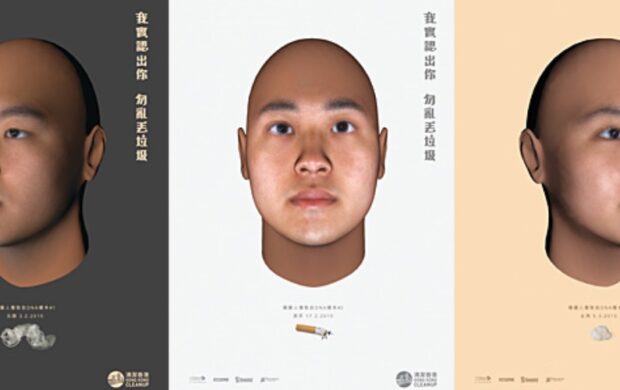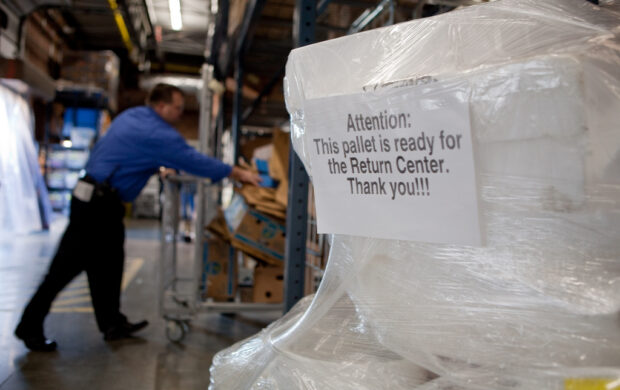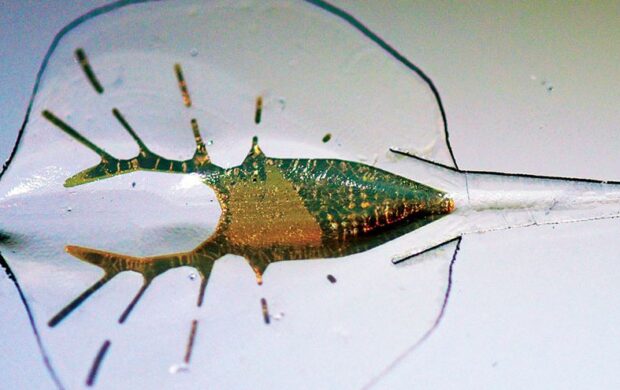A team of researchers has begun the first clinical trial of a genetic approach to blocking viruses.

The technique, known as immunopophylaxis by gene transfer (IGT), was first revealed by virologist Philip R Johnson of Pennsylvania University in 2002. Synthetic genes are delivered into the muscle that contain an artificial antibody which seizes and inactivates the virus in the blood.
In February 2015 a team at the Scripps Research Institute published a paper in Nature, demonstrating that this technique has completely protected four monkeys for nearly a year against repeated attempts to infect them with large doses of several strains of SHIV: a version of HIV adapted for use in lab monkeys.
The team at Scripps in Florida believe the same technique could be applied to other viruses, such as Ebola, Malaria, Influenza and Hepatitis. Michael Farzan, lead author of the paper, told the Financial Times that “the sky’s the limit” for applications. Gary J Nabel, Chief Scientific Officer at Sanofi, believes it could revolutionize the way we immunize against public health threats.
Signal spotted by Anna Simpson
Image: Tom Thai / Flickr












